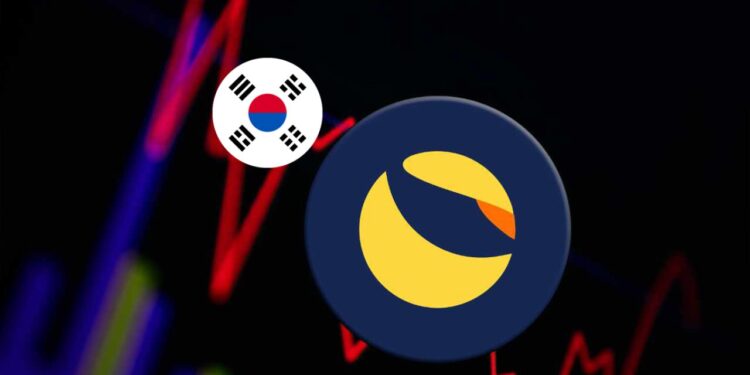Advertisement
South Korean exchanges will soon be required to list tokens based on principles to ensure compliance with local regulations and jointly make emergency decisions to prevent another disaster similar to Terra from occurring.
South Korea to set up emergency system
South Korea's leading exchanges have agreed to form a new emergency system that will begin operations within 24 hours if a Terra-like collapse is at risk.
Under the new system, exchanges will convene in response to sudden adverse market impacts, such as what happened to Terra in May.
The deal comes after the country's five largest cryptocurrency exchanges – Upbit, Bithumb, Coinone, Korbit and Gopax – attended a session in parliament, South Korea's legislature to address the issue of market equity on June 13.
Exchange leaders, Members of Congress and Financial Supervisory Services (FSS) Chairman Lee Bok-hyeon discussed aspects of the new code of conduct that exchanges will voluntarily adhere to to protect investors.
The alert system will be rolled out in September to signal to investors about high-risk virtual assets due to sudden changes in prices or other unusual activity.
In October, the principles will be reviewed and a regular evaluation system will be applied to all listed tokens.

South Korea strengthens investor confidence
In May, the collapse of the Terra ecosystem resulted in tens of billions of dollars in losses and a series of legal troubles for its founder, Do Kwon, who evaded about $40 million in taxes through Terraform Labs.
The code aims to systematize lists and split tokens to maximize regulatory compliance and eliminate differences in listing principles between each exchange.
South Korean market leader Ledger Jun Hyuk Ahn said that this new direction will strengthen investor confidence in cryptocurrency exchanges that have been unstable for years.
"It's too early to predict exactly what will happen, but it will bring more harmony to the market. Greater transparency about the listing and delisting processes will help regain trust from cryptocurrency traders who have been lost as a result of the Luna incident."
Domestic exchanges have been responsible for letting investors trade LUNA when something goes wrong. The number of Luna holders in South Korea increased by 180% between May 6 and May 18 from 100,000 to about 280,000. At the time, the Terra USD stablecoin was bearish and LUNA dropped from more than $60 to below $0.01.
The new guidelines will aim to prevent exchanges from allowing investors to trade tokens by stopping trading within 24 hours or cancelling them altogether.

The ability of exchanges to generate revenue is hindered
On the other hand, a local report from News1 on June 15 stated that exchanges could lose money in the long run if the principles were established. The report indicates that strict new listing principles will hinder the ability of exchanges to generate revenue from altcoin listings.
"Domestic exchanges often ensure profits by listing altcoins that are not listed by competitors because altcoin trading volume is quite high."
South Korean exchanges shared the attention with the founder and CEO of South Korean Terraform Labs, Do Kwon. Kwon has been investigated by the Financial and Securities Crimes Investigation Team, also known as Yeoui-do Death, for allegedly cheating and evading taxes.
On June 15, the Grim Reapers discovered documents from the Seoul tax office that they asked for confirmation. According to The JoongAng newspaper, Kwon and Terralabs have evaded about $40 million in corporate taxes and income by 2021.
Kwon has denied the charges of money laundering and tax evasion. It is thought that he has made more than $2.7 billion in the past three years from the Terra ecosystem. However, the SEC still wants to meet Kwon in the U.S. Court of Appeals on charges of selling unregistered securities through the Mirror Protocol.
















